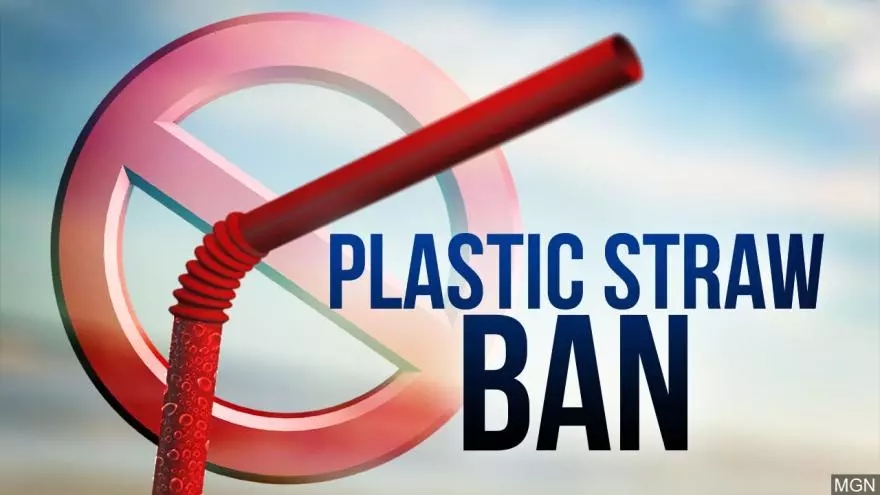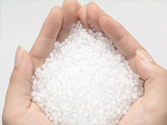In line with global trends, Japan's environment ministry is working to promote the use of bioplastics in the country and to stop the use of single-use items made from petroleum-derived plastics that cause environmental pollution. The campaign to stop using single-use plastics has spread in Japan and beyond. Us coffee giant starbucks has decided to stop using plastic straws in its global stores by 2020, and a family restaurant chain has announced it will stop using plastic straws this year.

The use of bioplastics reduces the consumption of oil and the amount of waste that is burned because it is easily broken down by microbes underground. However, it is difficult to popularize because of the high cost and the incomplete implementation of the mass production system.
The ministry of health plans to fund companies and universities to develop technology to replace plastic packaging with bioplastics. It is also keen to expand and improve facilities to increase the production of bioplastics. The ministry of health has budgeted 5 billion pounds ($45 million) for these projects in its budget request for the next financial year for research into methods of collecting and disposing of used bioplastics products.
Japanese auto parts supplier Denso Corp, for example, is using bioplastics in its products, which include polyurethane made from castor oil and polycarbonate made from starch. According to the company, a PC made from starch not only has a higher surface hardness, but also has better optical properties and water stability than traditional materials. PCS made from biomaterials have a lower refractive index and are easier to color, meaning no additional colors are needed, Denso said in a press release. Toyota also USES Denso material in the slanted surfaces of its navigation systems.
Heat-resistant polyurethane resin made from castor oil can be used as a protective device for connectors in automotive waste sensors. These sensors must be highly resistant to heat in order to measure the concentration of a particular gas. They are generally made of silicone. Company claimed that the new polyurethane resin are cheaper, and can withstand temperatures up to 150 °, can significantly reduce melting or shape of its body. He said it was the first resin of its kind in the world. The company has set up an ecological 2025 action plan. It said it would continue to develop plant-based plastics and increase the number of these products. The aim is to reduce the use of oil and carbon dioxide emissions in the use of products.
According to the government's global warming prevention plan, China could reduce its carbon dioxide emissions by 2.09 million tons by fiscal 2030 by increasing domestic shipments of bio-plastics to 1.97 million tons. In order to meet the interim target of producing 790,000 tons of bioplastics in fiscal year 2020, the government is considering substantially increasing the production of bioplastics.
Article source: plastic business exchange







